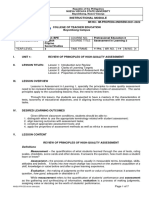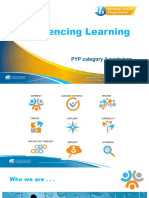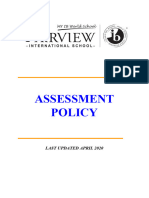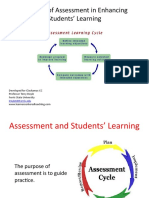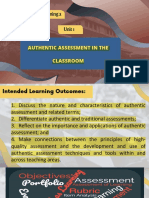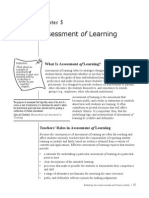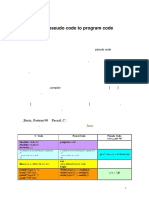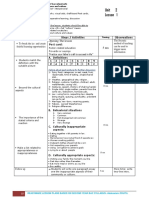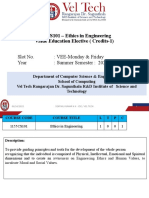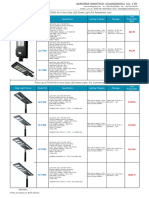0% found this document useful (0 votes)
64 views5 pagesUnit 4 Writing Task
The document discusses the role of assessment in guiding curricular decisions in an International Baccalaureate Primary Years Programme (PYP) classroom. It defines the holistic and inquiry-based PYP curriculum, which is grounded in key philosophical concepts. Formative assessments provide data to inform instructional adjustments and differentiate learning. Students self-assess and reflect on goals through portfolios, empowering them as lifelong learners. Summative assessments evaluate the curriculum and may trigger revisions to better meet student needs, demonstrating how assessment aligns with and guides the philosophical curriculum.
Uploaded by
Funke Sokefun-FaseyiCopyright
© © All Rights Reserved
We take content rights seriously. If you suspect this is your content, claim it here.
Available Formats
Download as PDF, TXT or read online on Scribd
0% found this document useful (0 votes)
64 views5 pagesUnit 4 Writing Task
The document discusses the role of assessment in guiding curricular decisions in an International Baccalaureate Primary Years Programme (PYP) classroom. It defines the holistic and inquiry-based PYP curriculum, which is grounded in key philosophical concepts. Formative assessments provide data to inform instructional adjustments and differentiate learning. Students self-assess and reflect on goals through portfolios, empowering them as lifelong learners. Summative assessments evaluate the curriculum and may trigger revisions to better meet student needs, demonstrating how assessment aligns with and guides the philosophical curriculum.
Uploaded by
Funke Sokefun-FaseyiCopyright
© © All Rights Reserved
We take content rights seriously. If you suspect this is your content, claim it here.
Available Formats
Download as PDF, TXT or read online on Scribd
/ 5





















